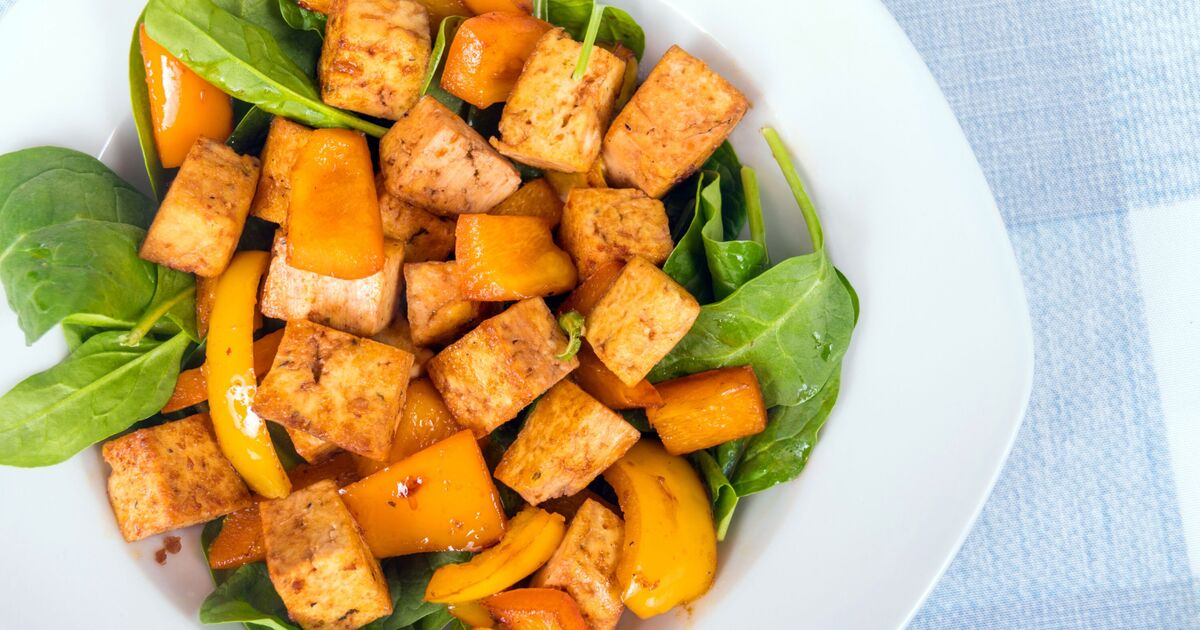Two superfoods which could help alleviate IBS | Personal Finance | Finance
Eating a diet rich in certain foods, including tofu and blueberries, could help alleviate the symptoms of a common stomach condition that causes ‘pain’ and ‘cramping’. Irritable Bowel Syndrome (IBS) is a prevalent issue that affects the digestive system, with an estimated 13 million people in the UK suffering from it.
While the exact cause remains unknown, consuming specific foods could help improve symptoms. The NHS states that IBS can trigger a variety of symptoms related to the digestive system, which can fluctuate over time or persist for days, weeks, or even months.
Symptoms include:
- occasionally experiencing an urgent need to move your bowels
- abdominal (stomach) pain and cramping, which may be relieved by moving your bowels
- bloating of the stomach
- a change in your bowel habits – such as diarrhoea, constipation or sometimes both
- excessive wind (flatulence)
- nausea
- heartburn
- lack of energy (otherwise known as lethargy)
Dietary treatment for IBS
NHS guidance states that there is no singular diet or medicine for IBS, but in some cases, a dietitian might recommend a low FODMAP diet.
FODMAPs are short-chain carbohydrates poorly absorbed by the small intestine, and avoiding these foods can sometimes alleviate IBS symptoms.
High FODMAP foods, can include:
- Wheat (including white, wholemeal, multigrain, and sourdough)
- Rye
- Amaranth
- Barley
- Dairy that contains lactose (such as cow’s milk, ice cream, and yoghurt)
- Beans
- Lentils
- Onions
- Garlic
- Apples
- Peaches
- Pears
- Cherries
A low FODMAP diet will instead advise eating foods that are low in FODMAP, including:
- Dairy alternatives (such as almond milk, rice milk, and lactose-free yoghurt)
- Bananas
- Blueberries
- Grapefruit
- Kiwi
- Lemon
- Lime
- Strawberries
- Olives
- Potatoes
- Eggplant
- Beef
- Eggs
- Tofu
- Chicken
- Fish
- Pork
- Oats
If you’re considering altering your diet due to IBS symptoms, it’s crucial to first consult with a doctor or reputable dietician. More information on treating IBS and its symptoms can be found on the NHS website.

